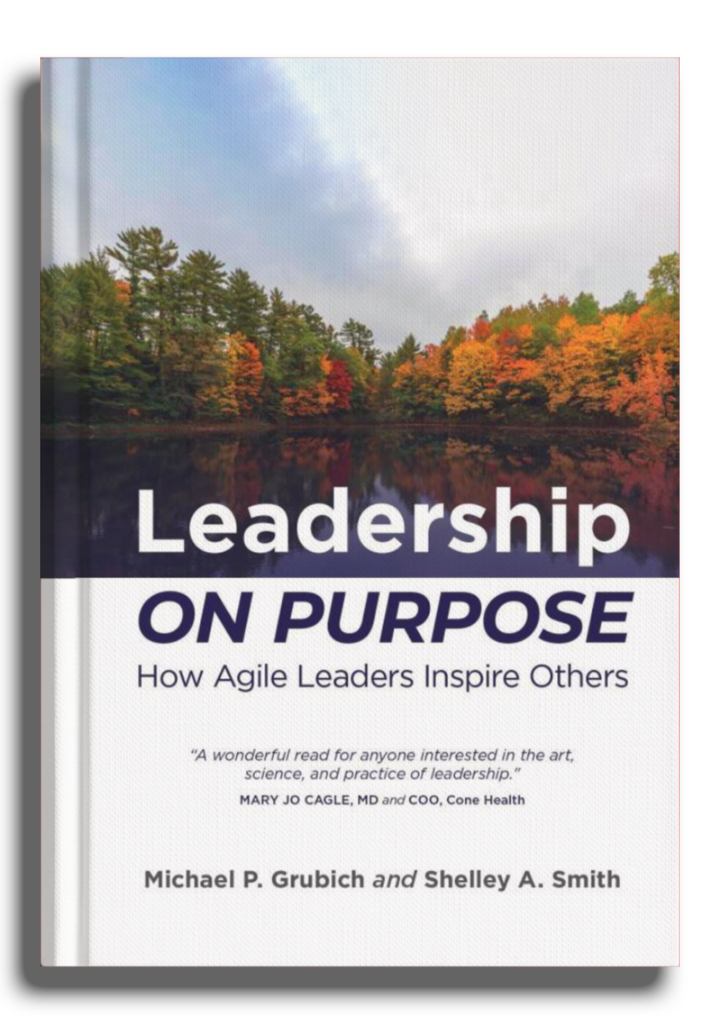
Artificial intelligence (A.I.) is significantly transforming how organizations manage and enhance their talent processes. A.I. has made substantial strides in talent management, offering innovative solutions that boost efficiency, decision-making, and employee satisfaction.
Business and Human Resources leaders must remember that the human brain is driven by narratives shaped by each individual’s personal and professional experiences. To effectively learn and adapt behaviors, people need personalized experiences tailored to support their unique career development.
At LAK Group, we have found that A.I. can effectively analyze an employee’s skills, preferences, and career aspirations to provide personalized recommendations for training, development, and career progression. This tailored approach helps employees feel valued and supported in their career growth, increasing their loyalty to the organization. A.I. is one element of a fully integrated talent development framework and, on its own, may not deliver the best result. However, when combined with coaching, mentoring, micro- or nano-learning, experiential learning, and other traditional development processes, A.I. can lead to “game-changing” results. Here are some ways we are seeing A.I. improve talent management and development processes in organizations.
Adaptive Learning and Development
A.I.-driven learning management systems offer adaptive learning paths that align with employees’ unique learning styles and pace. This personalized learning experience helps employees build relevant skills more effectively, leading to higher job satisfaction. To support personalized learning and development, A.I. can recommend tailored development programs and career path opportunities based on an employee’s experiences, skills, and performance data.
Additionally, A.I. tools can analyze workforce data to identify skill gaps within the organization, recommending targeted development programs and both internal and external resources through the company’s learning management system to address these needs.
Recruitment and Talent Acquisition
A.I. algorithms can scan thousands of resumes in seconds, identifying the most suitable candidates based on predefined criteria, thus saving time and reducing human bias. Leveraging assessment and models, organizations can predict which candidates are more likely to succeed in each role by analyzing historical data and identifying patterns linked to high performance.
To improve efficiency and reduce administrative costs, automated systems can manage interview logistics by coordinating between candidates and hiring managers, reducing back-and-forth communication. Chatbots can handle initial communication with candidates, answering frequently asked questions, and even conducting preliminary interviews.
Employee Onboarding
A tailored onboarding experience for each employee provides specific resources, essential information, and an interactive onboarding timeline that aligns with their roles and needs. Organizations can also leverage just-in-time chatbots to guide new hires through the onboarding process, answering questions and providing real-time support. In essence, it’s like having your organization’s own branded Siri.
Performance Management
Organizations continue to seek ways to simplify and strengthen performance management systems. A.I. can help by providing data-driven insights into performance. The right tools can analyze performance data to identify high performers, areas needing improvement, and potential leadership candidates.
A.I.-powered platforms can also facilitate continuous performance feedback by collecting and analyzing employee performance data, then providing real-time insights and recommendations. This leads to more objective data that people leaders can leverage in their conversations with team members.
Employee Engagement and Retention
This is an area where I feel A.I. can have a significant impact on the workplace. Through sentiment analysis, organizations can analyze employee communications–such as emails, surveys, and social media–to gauge sentiment and engagement levels, helping them identify and address potential issues early. With A.I. modeling, you can design heat maps to accurately forecast which employees are at risk of leaving the organization by analyzing numerous factors such as engagement levels, performance data, and career progression, enabling proactive retention strategies.
Succession Management
Emerging talent can be more effectively identified by leveraging objective data and assessments. A.I. can analyze employee data to pinpoint high-potential individuals who are ready for promotion or who could fill critical roles in the future, ensuring that succession plans are based on objective information. Organizations can assess leadership potential by analyzing a variety of factors, such as performance history, personality traits, and other elements deemed critical to success in a specific role, level, or region within the company.
If your organization is focused on developing a sustainable talent pipeline as part of your human capital strategy, or if you’re unsure whether your current process is robust enough to navigate an ever-changing business landscape, we’re here to help. Contact Michael Grubich at 262-219-2480 or via email with any questions or to schedule a consultation.

LAK Group helps organizations not only in leading through change but also in developing the capabilities of leaders and organizations to become employers of choice. We help organizations align business strategies with human strategies, and we can help your organization become a destination employer. You can also purchase our book, Leadership on Purpose, to explore the six attributes of agile leaders.